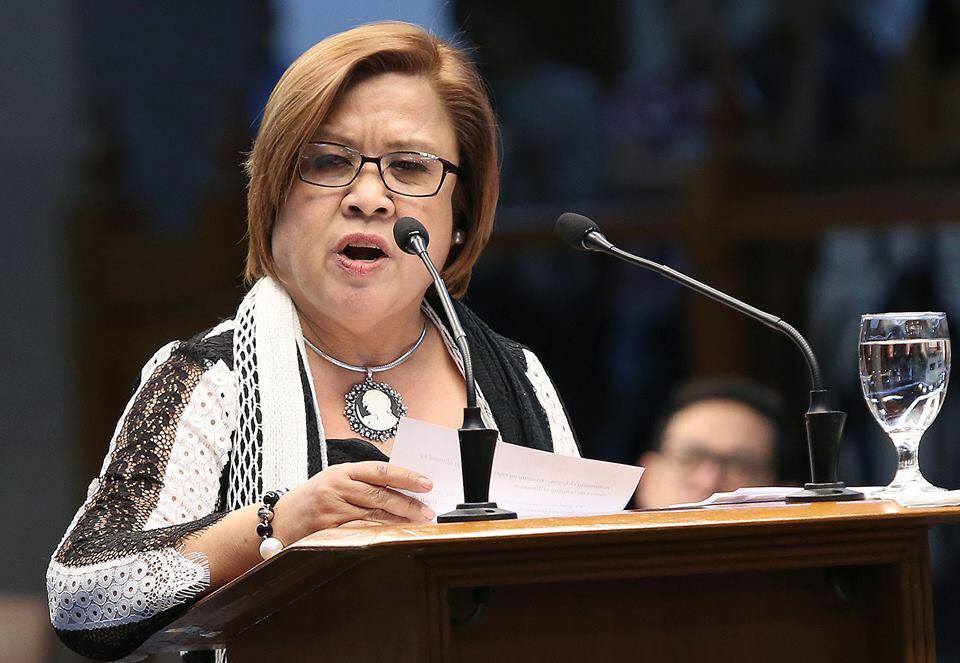
MANILA – The Muntinlupa Regional Trial Court (RTC) has denied for lack of merit the petition filed by Senator Leila de Lima to take part in Senate proceedings via video conferencing while under detention on drug charges.
In an order dated June 17 and released on Friday, RTC Branch 205 Judge Liezel Aquiatan, in denying de Lima’s motion, noted that the Senate rules cited by her counsels come into effect only in a public emergency.
In a motion filed on June 1, de Lima’s counsels asked that she be allowed to participate in the Senate sessions, committee hearings, and meetings via teleconferencing from her place of detention and order the Philippine National Police (PNP) Custodial Center to coordinate with the Senate and facilitate the teleconferencing system.
De Lima’s counsels claimed Senate Resolution No, 372 allowed all senators to participate via teleconferencing and that similarly recent Supreme Court rulings endorsing videoconferencing in court proceedings authorized this.
The Muntinlupa court, however, pointed out that said Section 22 of Rule XI of the Rules of the Senate authorizes videoconferencing only “when there is force majeure or occurrence of an emergency which may prevent the senators from physically attending the committee meetings or hearings”.
The said amendment to its rules by the Senate had been in response to the current state of public health emergency due to the coronavirus disease 2019 (Covid-19) pandemic.
“Force majeure or act of God, by generally accepted definition, is an extraordinary event not foreseeable or avoidable, an event that could not be foreseen or which, though foreseen, are inevitable. De Lima is prevented to attend the committee meeting or hearings due to her detention. Detention is not a force majeure,” the court ruled.
Prosecutors, in their comment opposing de Lima’s plea, had also cited a statement from the Senate disallowing then senators Bong Revilla, Juan Ponce Enrile and Jinggoy Estrada who were then under detention at the time to participate during the 16th Congress.
The Senate decision against the three was supported by a legal opinion issued by de Lima, who was then justice secretary.